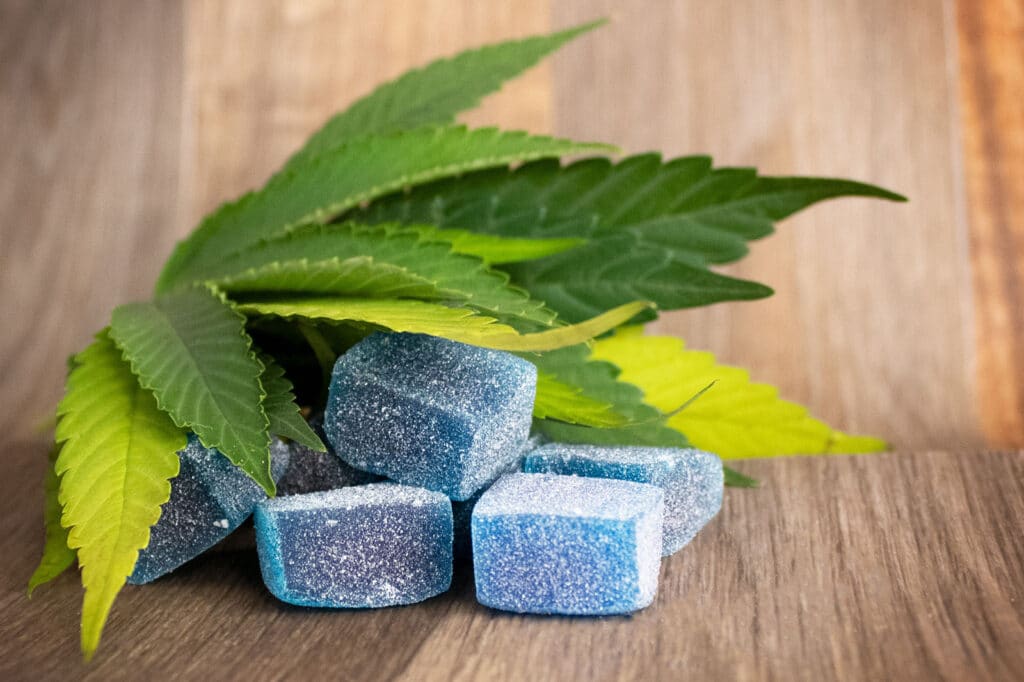With the growing popularity of cannabis edibles, understanding how long they stay in the body has become a common question. Unlike smoking, consuming cannabis in edible form takes longer to process and linger in the system due to its unique digestion path. For individuals who are undergoing Alcohol Addiction Treatment in Massachusetts or drug addiction treatment nearby, or for those who may be tested as part of Addiction Treatment Programs in Massachusetts, it’s essential to know how long edibles might be detectable in the body.
How Edibles Work in the Body?
When it comes to enjoying cannabis, edibles offer a unique experience compared to smoking. Instead of the quick effects you get from inhaling, edibles are absorbed through your digestive system, taking you on a different kind of journey.
If you eat an edible, it passes through the stomach and into the liver, where it’s converted into a stronger compound. This process makes edibles more potent and causes their effects to last longer than inhaling cannabis. However, this also means edibles take longer to exit the body, which can be a consideration for anyone enrolled in an Addiction Treatment Center in Massachusetts or facing a drug test.
Detection of Windows for Edibles
The length of time edibles stay detectable varies based on factors like body weight, metabolism, dosage, and how often a person consumes cannabis. On average, THC can be encountered in edibles:
- Blood: 3 to 4 hours after consumption, with traces sometimes lingering up to 2 days.
- Saliva: 1 to 3 days after ingestion.
- Urine: 3 to 30 days after consumption, depending on frequency of use.
- Hair: Up to 90 days after use, although this is less common for testing.
If you are undergoing Opiate Addiction Treatment in Massachusetts or other addiction treatments, it’s helpful to know these timeframes if testing is required.
Why Edible Detection Times Vary?
Each person processes THC differently, meaning detection times can vary. Factors include how often someone uses cannabis, their body fat percentage, and their metabolism. Since THC is stored in fat cells, it can remain in the body longer for individuals with higher body fat percentages. Also, people who consume cannabis regularly will generally have longer detection times due to the THC buildup in their systems.
Managing Detection Risks for Those in Recovery
For those involved in Addiction Treatment Programs in Massachusetts, it’s important to avoid cannabis to stay focused on recovery. Many Addiction Treatment Centers in Massachusetts provide education and support to help people navigate potential triggers. If a person has consumed an edible, understanding how long it stays in their system can help them prepare for any required testing as part of their treatment program.
Final Thoughts
The length of time that edibles remain detectable in the body can be a concern, especially for those working through recovery in Alcohol Addiction Treatment in Massachusetts or Drug Addiction Treatment in Massachusetts. By knowing how long edibles stay in the body and the factors that influence detection, individuals can make informed choices that support their recovery journey and ensure a successful treatment process.


